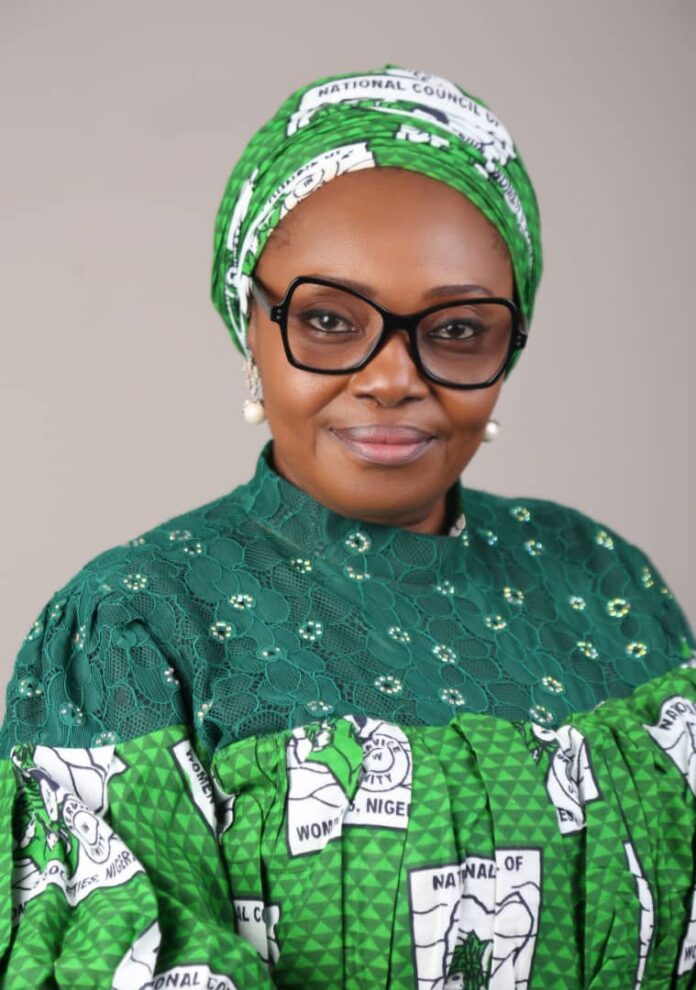By Uche Onyeali
Acting National President, National Council for Women Societies, NCWS, Dr Geraldine Etuk has described Female Genital Mutilation, FGM, and Gender-Based Violence, GBV, as practices that violate the rights of women and girls.
Dr Etuk gave the clarification yesterday at a one-day sensitisation on FGM laws, surveillance, reporting and persecution of GBV cases in Abuja.
The NCWS leader, in her address at the event, regretted that despite the fact that FGM had been outlawed in Nigeria, some sections of the country still practise it, which she describe as a form of torture on women and girls.
“In Nigeria, FGM is still practised in many communities, despite the fact that it has been outlawed by the federal government.
“The practice has serious physical and emotional consequences for girls and women, including chronic pain, infertility and even death.
“This programme is a critical step towards our collective goal of eliminating female genital mutilation and other forms of gender-based violence in Nigeria.
“FGM is a serious human rights violation that has been recognised as a form of torture and a violation of the rights to health, dignity and equality.
“It is estimated that over 200 million girls and women worldwide have undergone FGM, with Nigeria having one of the highest prevalence rates,” she noted.
Mrs Etuk observed that GBV, which includes FGM, is a major obstacle to achieving gender equality and empowering women and girls.
She added that such practice is a violation of human rights and a major public health concern.
“GBV can take many forms, including physical, emotional and psychological abuse. It can also include economic abuse, such as denying women and girls access to education, employment and other economic opportunities.
“In 2015, the Nigerian government passed the Violence Against Persons (Prohibition) Act, which prohibits FGM and provides for penalties for those who engage in it.
“The law also provides for the protection of victims of FGM and the provision of support services for those who have undergone the procedure.
“In addition to the national law, many states have also enacted laws prohibiting FGM. For example, in 2016, the Lagos State government passed the Lagos State Prohibition of Female Genital Mutilation Law, which prohibits FGM and provides for penalties for those who engage in the practice.
“Despite the existence of laws prohibiting FGM, the practice remains widespread in many parts of Nigeria. This is due in part to the fact that many communities continue to view FGM as a necessary and important cultural practice,” she lamented.
She added that the sensitisation programme was designed to educate participants on the laws and policies related to FGM and GBV in Nigeria. It will also provide information on how to report cases and how to support survivors of these abuses even as we go for advocacy campaigns. We have assembled a team of experts who will provide presentations and lead discussions on these critical





